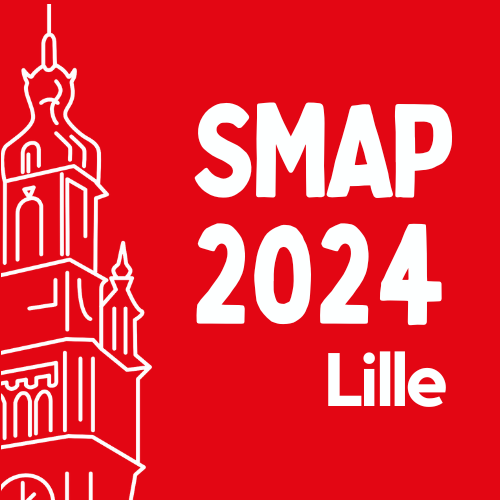
Session: Parallel session 10 - Health and biological sciences
Proteomic profiling can predict the response to first-line treatment in patients with advanced hepatocellular carcinoma
Background & Aims: Access to personalized medicine for cancer sufferers is one of the great challenges of our time. Genetic mutations in tumors now make it possible to prioritize the treatment of certain cancers, but this is not always possible. Liver cancer is a case in point. Hepatocellular carcinoma (HCC) is the most common form of liver cancer but, due to late diagnosis, the prognosis is extremely poor and the majority of cases are advanced HCC, which are only eligible for palliative systemic therapies. After a decade of exclusive sorafenib monotherapy, with a response rate of < 10%, the advent of new combinations including immunotherapies represents a revolution in the management of HCC. The combination of atezolizumab/bevacizumab is recommended as the first-line systemic treatment for HCC, with a response rate of no more than 30%. Additionally, less than 25% of non-responding patients are eligible for second-line treatment. However, there are currently no predictive factors for response to these different treatment options. We hypothesized that the proteome of pre-treatment biopsies contained the information needed to predict response to cancer treatment and to identify the biological pathways involved in treatment response.
Approach & Results: Using high-resolution mass spectrometry, we compared the proteomic profiles of 40 patients with advanced HCC. We showed that these proteomic profiles enabled us to differentiate between patients who responded to treatment and those who progressed. We identified biological pathways involved in treatment response, in particular a change in tumor energy metabolism could explain resistance to the first-line immunotherapy combination atezolizumab/bevacizumab, which we confirmed in 3D cell models.
Conclusions: This study shows that the proteomic profile of a liver biopsy can be a promising tool for predicting response to treatment of advanced HCC and can optimize patient management.